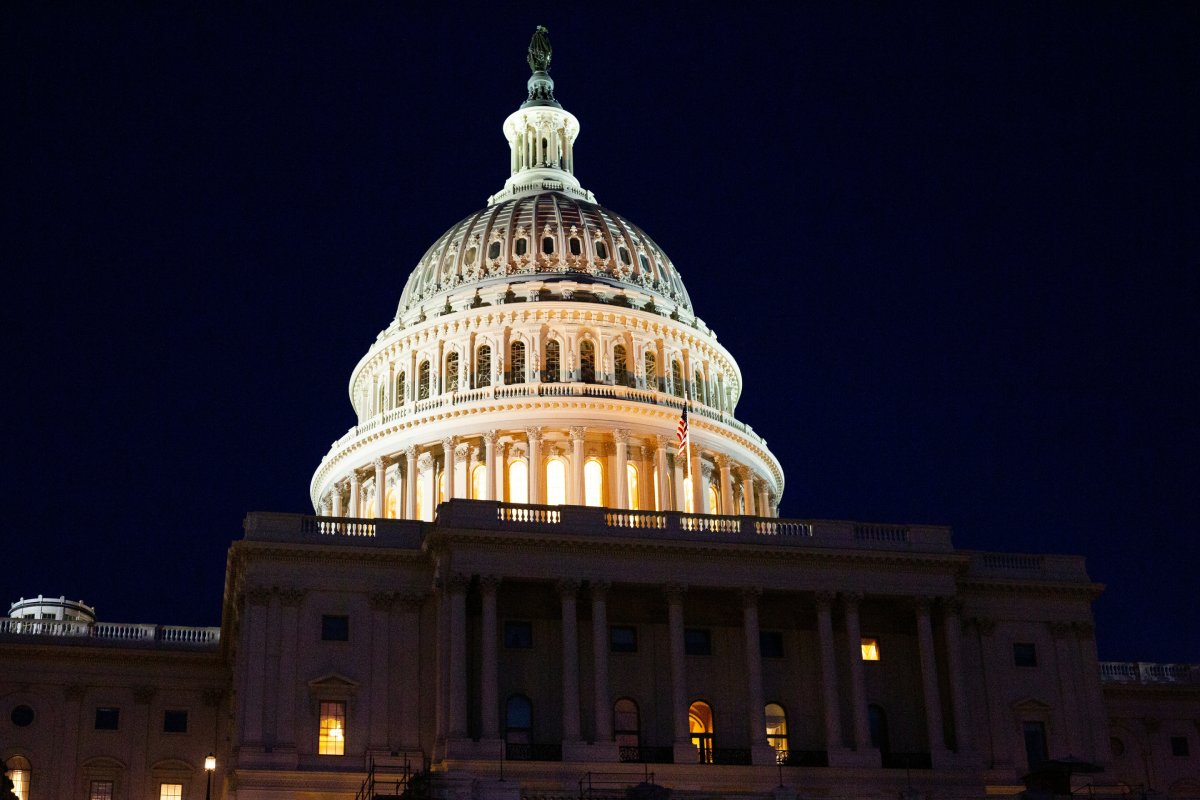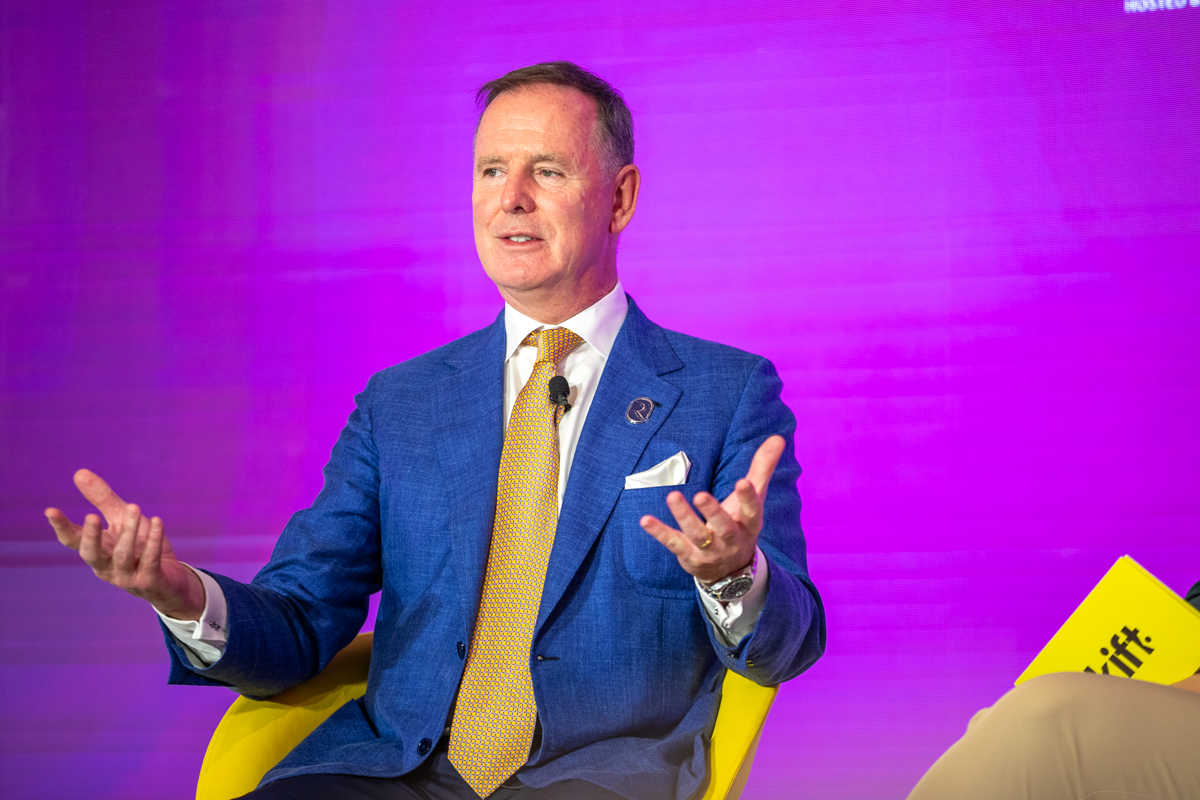Luxury Is Evolving But Consistent Themes Connect Old and New

Skift Take
With so much changing in the luxury consumer mindset, many marketers and executives are naturally curious about the difference between the values of today and those of the past. That’s why it may be a relief to discover luxury continues to be defined by many long-standing characteristics like quality, comfort and elegance.
In the new Skift Trends Report: The Luxury Evolution, these three attributes emerged as the qualities most consistently associated with luxury from survey of more than 12,000 people across five global markets.
Quality
Quality is one of the major tenets of luxury, but its expression is shifting away from the opulent toward a more authentic conception of quality – one in which we place more value on a hand-crafted product with its own unique story.
In other words, quality is no longer simply a standard of an item measured against similar things. In today’s luxury consumer environment, the relevant comparison is less often against another external product and more often against who we were in the past. It is an attribute that we are looking to embody through relationships with high-quality brands — brands that deliver goods and experiences that help customers fulfil their desires to becoming higher quality people. Quality therefore, as it is understood today, is not necessarily the most expensive, but it does have a newness, a good story, and a sense of innovation.
Luxury consumers are drawn toward brands that communicate a purpose beyond existing just to sell something. Brands are positioning themselves as platforms to show travelers a new perspective of the world and developing experiences and messaging that illuminate their individual place within a global context.
Quality lends itself to comfort, on a physical and psychological level.
Comfort
The luxury value of comfort is no longer only the thread count of the sheets, but the sensation that you are in a safe place. Its expression is shifting from the tactile to sensual.
The prodigious horsepower and exquisite shape of the Bugatti Chiron relays comfort of the most luxurious kind because of the quality of design embodied at an aesthetic and mechanical level, and the pride one feels from owning such a prestigious vehicle. A Loro Piano Cashmere sweater will keep one physically warm as well as feeling confident and stylish. There is no doubt that you will sleep well on the bed of a Ritz-Carlton suite, but you will also feel cared for by the staff, and psychologically comforted by the backing of a global brand that’s spent years developing meticulous standards of quality and service.
Consumers’ desire for physical and psychological comfort is further compounded in today’s environment by the permanxiety of our current sociopolitical and economic realities. Skift has declared this the Age of Permanxiety, with consumers enduring a barrage of worries about terrorism, security, neo-isolationism, racial tension, technology and its adverse role, the widening economic gap, culture wars, climate change, and other geopolitical and local issues.
Luxury’s promise in this age of destabilization is to be an antidote to this anxiety. Think of a time when you looked at a beautiful photograph of a beach, or even beautifully-designed restaurant, and felt a sense of calmness come over you, an assurance that tranquility and beauty do exist and one day you would arrive there — physically or spiritually.
Today’s luxury brands can capitalize on that feeling.
Luxury brands want to bestow a sense of psychological comfort from the moment you open your web browser to research a luxury product until after the experience is done and you feel safe within your memories of it. In all phases of the purchase cycle, from inspiration to research to purchase and post-purchase, luxury brands are relaying a sense of psychological comfort from the affable tone of the customer service representation to the thick monogrammed envelope in which your receipt appears.
However, luxury brands must ask themselves whether today they can exist in a sensory deprivation cocoon. Can one market safaris to Western Africa without taking a stand against President Trump’s (brief) ruling to allow elephant trophies in the U.S.? Or sell wedding rings without celebrating Australia’s legalization of same-sex marriage?
Luxury brands today face the challenge of balancing comfort and adventure and play with this delicate juxtaposition of tranquility and thrill, relaxation and risk every day in its marketing. The duality of a being a luxury brand in a turbulent times requires brands to offer something more.
Elegance
One step beyond comfort is elegance.
Elegance is perhaps the most nebulous of concepts that luxury brands attempt to epitomize. Whereas elegance once referred to the ambience of a five-course meal, the curvature of the stairway at the opera or the impeccable service at a five-star hotel, today luxury can be better expressed through the ease with which we experience the world. How seamlessly a car arrives with a tap of the button, the sincerity of a master chef describing his field-to-fork philosophy, or the serenity that comes with knowing the concierge can be trusted with the planning.
We’re not implying that physical elegance exhibited by superior craftsmanship, refined taste, and superior materials are not important. But the concept of elegance has grown to encompass its physical and abstract presentation. Taking it a step further, elegance can refer to a state within ourselves, the actualization of our idealized self which is both poised and productive, composed but committed, enjoying while excelling.




